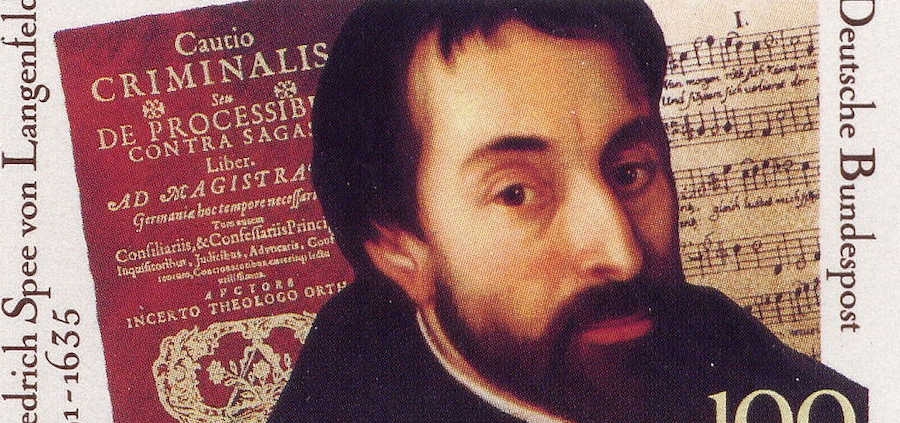Healing in a Time of Trouble by Susan K. Roll
This reflection originally appeared in the newsletter of the Association of the Rights for Catholics in the Church (ARCC). We are grateful to the author and the editors of the ARCC newsletter for permission to reprint it here—Ed.
O Savior, rend the heavens wide,
Come down, come down with mighty stride,
Unlock the gates, the doors break down,
Un-bar the way to heaven’s crown.
O Morning Star, O radiant Sun,
When will our hearts behold your dawn?
O Sun arise; without your light,
We grope in gloom, and dark of night.
Sin’s dreadful doom upon us lies,
Grim death looms fierce before our eyes.
O come, lead us with mighty hand,
From exile to our promised land.*
If you thought the Hebrew Bible readings we were hearing during the last Sundays of the liturgical year sounded like terrifying images of impending doom, you’ll see the cosmic disruption continuing as we shift into the season of Advent. The reading from Isaiah 64:1, “Oh that you would tear open the heavens and come down, so that the mountains would quake at your presence . . . ,” used for the First Sunday of Advent in cycle B, is a perfect example. It hits hard, a cry of agony across the earth pleading to God to overlook the sins of the people and to save them from the terror of doom and death. The hymn version in German hits even harder: a literal translation might be, “O Healer, rip the heavens apart, come running down, down from heaven . . .”
Now at the beginning of Advent, let me introduce you to the composer of that powerful hymn based on Isaiah 64. His name was Friedrich Spee von Langenfeld (1591–1635). As a model of courage, he can be a companion for us in our search for hope amid fear and foreboding, in a pandemic that never seems to end.
In 1998 I was honored to be a house guest of two of the recognized grandmothers of the women’s ordination movement in the Roman Catholic Church, Ida Raming and the now-deceased Iris Müller. They lived then in a small town outside Münster in northern Germany. When Ida heard that I was travelling on to Trier, she exclaimed, “Oh but you must make a pilgrimage to the grave of Friedrich Spee! He is a hero of the women’s movement, and he’s buried in the Jesuit church in Trier.”
I knew the Jesuit church well—it’s right across the courtyard from the original site of the German Liturgy Institute where I had done much fruitful and enjoyable research over the years. But I had never heard of Friedrich Spee and somehow hadn’t noticed the tomb under the floor in a side chapel on the right.
It turned out that the reason why this Jesuit priest is considered a hero today is because he was the first cleric in his time to publicly denounce the burning of women as witches. In early seventeenth-century Germany a terror of the devil, and of his supposed secret agents on earth, witches, was a powerful force sweeping through society. Young Friedrich Spee was assigned to serve as confessor to a number of the condemned women before they were burned at the stake. The more he heard of their own accounts, the more he was convinced that these women could not have been witches. They had been falsely accused. He spoke out. And he suffered persecution and great pressure from Church and society as a result.
Friedrich Spee’s courage did not end there. In 1632 the newly-qualified professor arrived in Trier after a twenty-year absence to take up a position teaching moral theology. He found the region severely affected by a contagious sickness, not the Plague as such but a mysterious, quickly-spreading illness that caused death for no apparent reason. Friedrich Spee felt a call to minister to the victims of the dreaded disease.
He became a volunteer nurse caring for mortally ill patients during the pandemic.
And he died of the sickness himself at the age of 44.
Friedrich Spee lived the hymn lyrics he had written, “We grope in gloom and dark of night . . . Grim death looms fierce before our eyes.” Yet, like Isaiah, he prayed with hope above all fear, “Oh come, lead us . . . from exile to our promised Land.”
May we all find ways to reflect and speak a powerful, vivifying hope to each other.
Susan K. Roll is Professor Emerita of Saint Paul University in Ottawa, Ontario. She is also a member of the ARCC Board of Directors.





Leave a Reply
Want to join the discussion?Feel free to contribute!